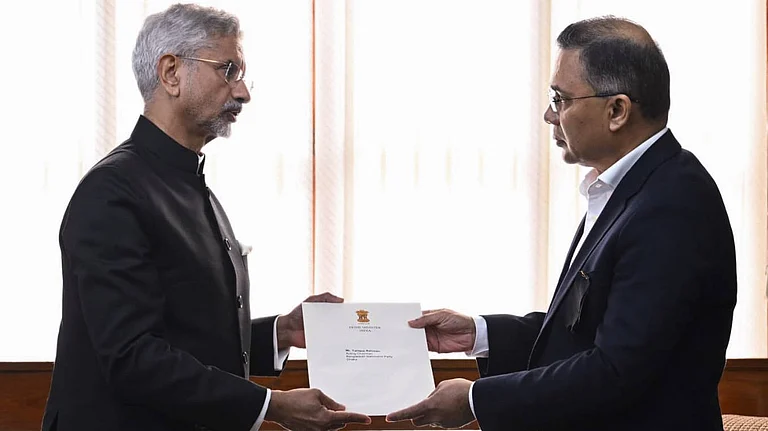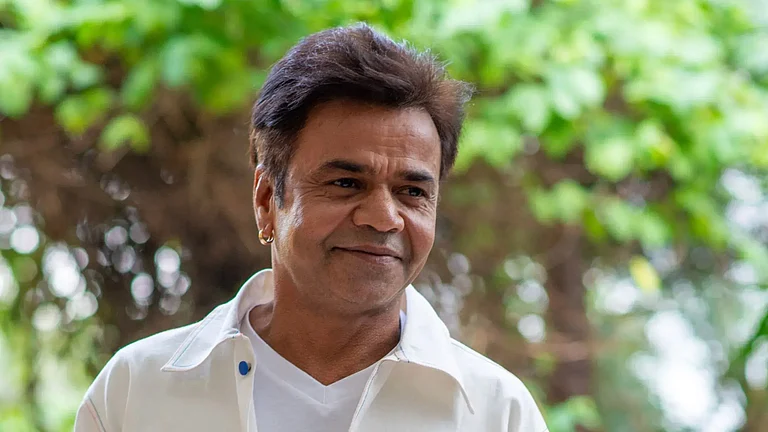The government on Thursday tabled a bill in the Lok Sabha to amend tax laws to scrap the controversial retro tax. A bone of contention since it was passed in 2012, the retro tax has spooked investors for years. Here’s a look at the various aspects of this retro tax:
What is the retrospective tax?
Introduced by Pranab Mukherjee in Budget 2012, the amendment of section 9 of the Income Tax Act is widely known as the retrospective tax law in India. This amendment was made in reaction to the tax case loss at the Supreme Court, where the ruling was in favour of Vodafone. The tax department losing close to Rs 14,000 crore, raised in demand against Vodafone for buying Hutchison Telecom’s share in Hutchison Essar.
The basic tenet of the law gave India the right to tax mergers and acquisitions between foreign companies with a majority of underlying assets in India, retrospectively, that is years after the transaction is done. The retrospective scope of this tax went as back as 1961.
Is India the only country with a retro tax?
No. Many other countries including the UK, US, Netherlands, Germany, Italy among others have laws to retrospectively tax transactions. In fact, past appeals to India for repealing this draconian tax law have always met with resistance from the finance ministry, including the one under the late Arun Jaitley. Despite criticising the nature of the tax, Jaitley stopped short of repealing it.
How many transactions fell under India’s retro tax?
Once the Income Tax provisions were amended retrospectively in 2012, the international taxation arm of the finance ministry had put forth a list of about 7-8 transactions. The claim from the tax department was taxes from these deals would fetch the Indian government over Rs 40,000 crore. Vodafone and Cairn are the two most high-profile cases. But other transactions under the taxman’s lens in 2012 included the Sanofi-Shantha Biotech deal of 2009, AT&T-Idea Cellular deal of 2005, the Kraft-Cadbury deal of 2011 among others
What is the Vodafone tax case?
British telecom major Vodafone acquired majority stake in Hutchison Whampoa in 2007 in a transaction valued at $11 billion. This transaction was routed through the Dutch arm of Vodafone. The Indian government had immediately raised a demand of Rs 7990 crore for capital gains from Vodafone, saying Vodafone should have deducted that amount during the transaction from Huthicon and paid as withholding tax.
The matter soon reached courts with the Indian government winning the case at the Bombay High Court. Vodafone soon appealed at the Supreme Court, with the apex court deciding in favour of the telco in 2012.
To circumvent the scope of the SC ruling, then finance minister Pranab Mukherjee amended the tax laws within months of the verdict. By the time of the amendment, the tax department was demanding close to Rs 14000 crore from Vodafone in principal, interest and penalties.
Vodafone appealed this demand at the Court of Arbitration at The Hague, invoking provisions under the Bilateral Investment Treaty between India and Netherlands. India lost the case
What prompted the scrapping of the retro tax?
It all began with Cairn UK winning its case against India in an international court of arbitration. This court also allowed Cairn to claim $ 1.2 billion on damages from the Indian government. On non-payment, the company started identifying foreign assets of the Indian government. In fact, Cairn also won a verdict to seize 20 assets of the Indian state in UK. Though the government said that it will challenge the verdict, but the pressure was building.
Now with a Bill to repeal the retro tax, the government has also proposed a conditional refund of principal tax amounts collected from litigating companies.


























